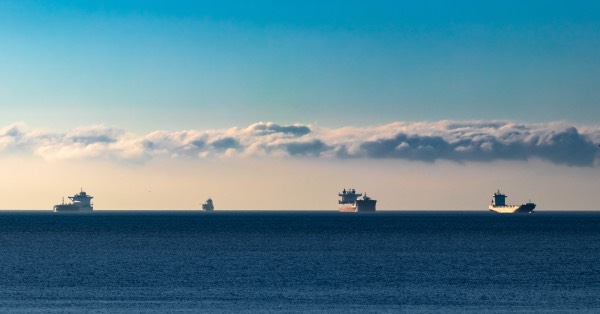The technology group Wärtsilä’s ongoing project partnership with the Mӕrsk Mc-Kinney Møller Center for Zero Carbon Shipping has been further strengthened with the company signing as an official Mission Ambassador.
The not-for-profit research and development center is aimed at accelerating the transition towards a net-zero future for the maritime industry. Together with partners, the Center drives and facilitates the development and implementation of new technologies, while building confidence in new concepts and mature viable strategic ways to achieve necessary systemic and regulatory changes.
“Collaboration remains key in accelerating the decarbonisation transformation of our maritime industry,” states Roger Holm, President, Wärtsilä Marine Power. “In joining the Mærsk Mc-Kinney Møller Center for Zero Carbon Shipping as Mission Ambassador, Wärtsilä opens for collaboration between not only maritime stakeholders, but also fuel providers, universities, and governments. Uniting expertise through this forum will undoubtedly drive a stronger shipping industry; one in which compliance is achievable, sustainable and profitable – for many generations to come.”
Wärtsilä has earlier worked as a project partner with the Center in the NoGAPS project to develop a Nordic-based concept for an ammonia-powered gas carrier vessel. The ship would both transport ammonia as cargo, and utilise ammonia as a zero-emissions fuel. The company continues this work in the follow-up NoGAPS 2 project where the current objective is to develop the ship design for this vessel. An initial design package is expected to be finalised within 2022.
Globally, 100,000 commercial vessels consume around 300 million tons of fuel every year, making shipping accountable for around 3% of global carbon emissions. The Center is committed to driving sustainable decarbonisation of the maritime industry by 2050 through collaboration, applied research and regulatory reform.









































